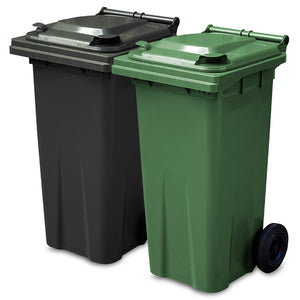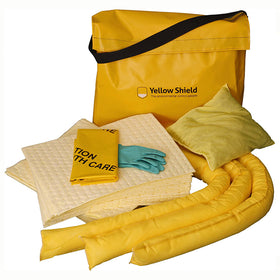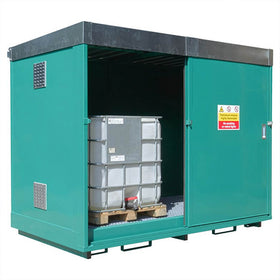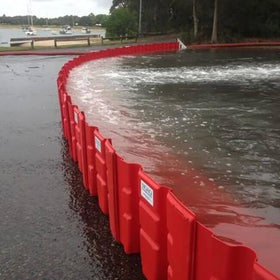Australian government report on Montana oil spill
The Australian government has condemned the Thai company responsible for the country’s worst ever offshore oil spill.
A report released last Wednesday stated that had the company observed “sensible oilfield practices” the spill would not have occurred.
The Montana oil spill in 2009 was caused by a blow-out on the West Atlas oil rig, which resulted in approximately 2,000 barrels of oil a day flowing into Timor Sea for more than 70 days.
The Australian government criticised the regulator PTT Exploration & Production for not doing its job properly. Part of the report which criticised the regular stated that there were deficiencies in systems and processes and personnel were lacking in basic skills. It also stated that there were serious problems with the company procedures which directly led to the blow-out.
The well was finally plugged on the fifth attempt in November 2009. The oil slick covered an area of 35,000² miles and affected the coastlines of Indonesia and East Timor. Current spill clean-up costs are estimated to be in excess of $319m.




